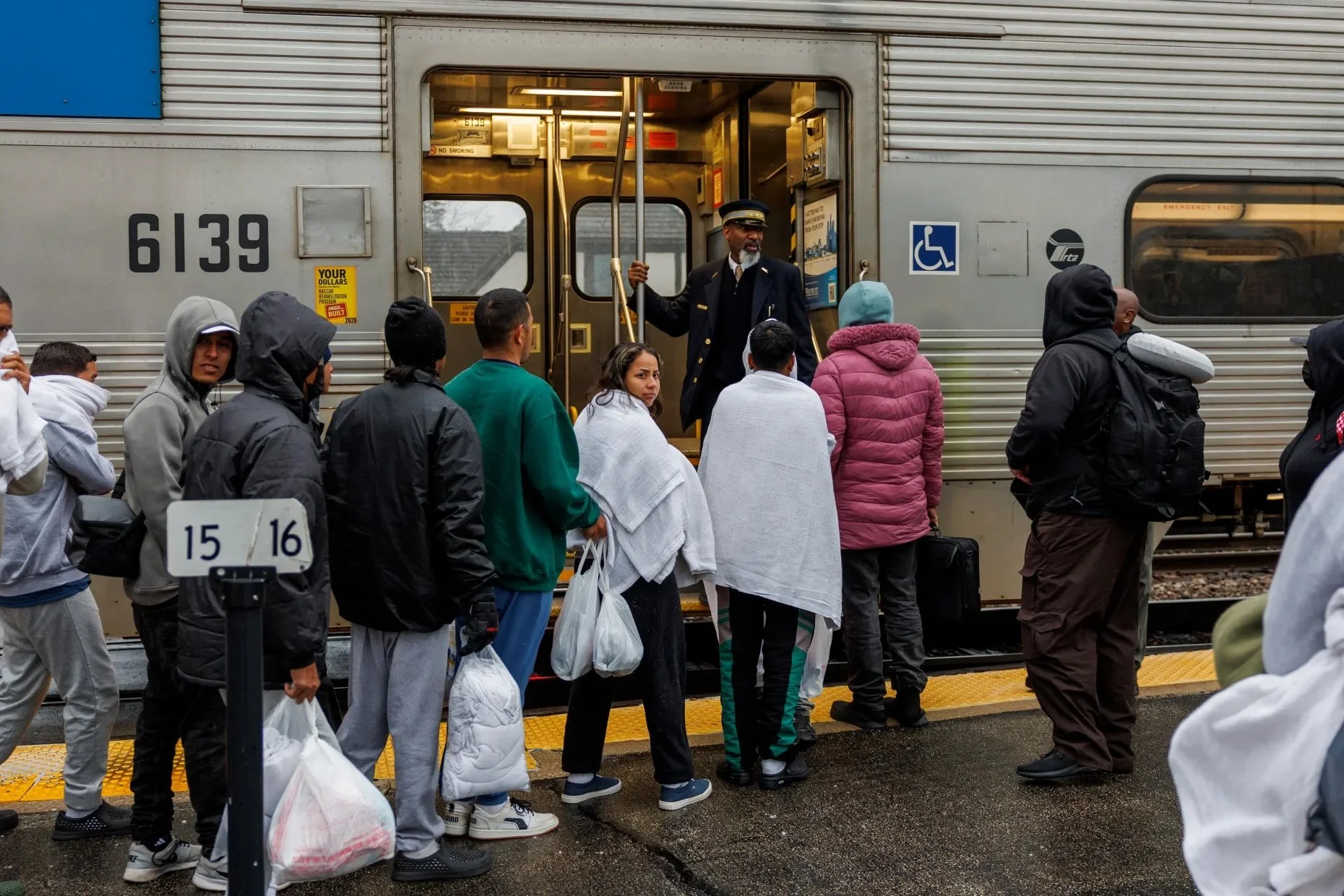TRP Statement on SCOTUS Decision Allowing POTUS to Rescind TPS for Venezuelan Asylum Seekers
Be Prepared and Stay Protected — May 19, 2025
Read the Chicago Tribune article featuring TRP’s response to the ruling.
Chicago – On Monday, May 19, 2025, the U.S. Supreme Court ruled to allow the Trump administration to end Temporary Protected Status (TPS) under the 2023 designation for Venezuelan nationals.
Please note that this story is developing and the Department of Homeland Security (DHS) has not yet released additional guidance.
“Today’s decision will harm hundreds of thousands of immigrants, their families and their communities,” said Erendira Rendón, Vice President of Immigrant Justice at The Resurrection Project. “TRP remains committed to working toward a future where all people in the U.S. are afforded an opportunity to achieve the American Dream.”
What we know now:
The decision only impacts 2023 Designation of TPS for Venezuelans (no other countries have
been impacted at this time)Haiti’s determination is still under review but not impacted by this specific decision
Anyone who was granted status under the 2021 designation is not impacted and
continues to have status until September 10, 2025.
SCOTUS leaves open the possibility of individuals impacted by the rescission to challenge the
cancelation of work permits or TPS status that was granted before the stay was lifted.It remains unclear exactly what this will look like.
The stay only relates to Secretary Noem’s rescission of the program, meaning that new
applications will likely not be adjudicated at this time
What you can do if you believe this decision may impact you:
Be sure to speak with a trusted immigration attorney or DOJ-accredited representative
to review your options.Get to know your rights and how to exercise them:
Visit trpimmigrantjustice.org or IllinoisImmigrationInfo.org for free and paid legal resources and updates
###

